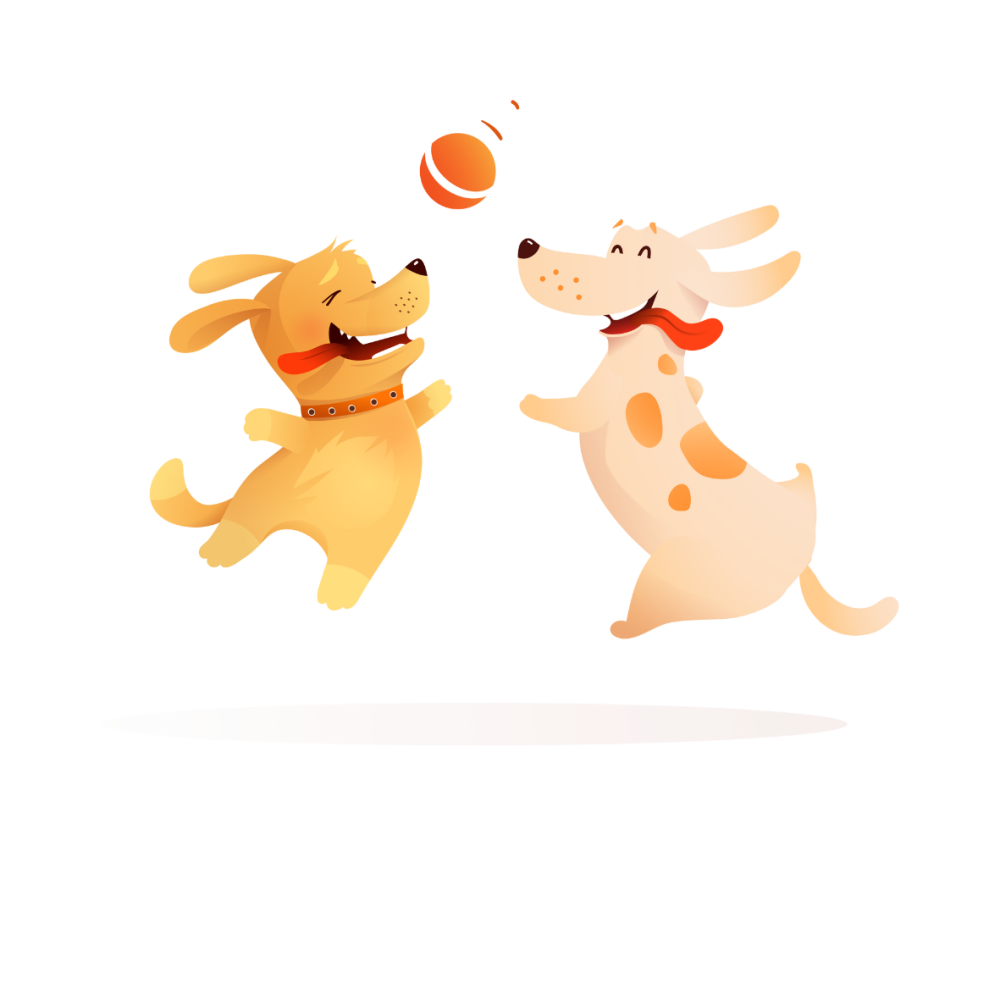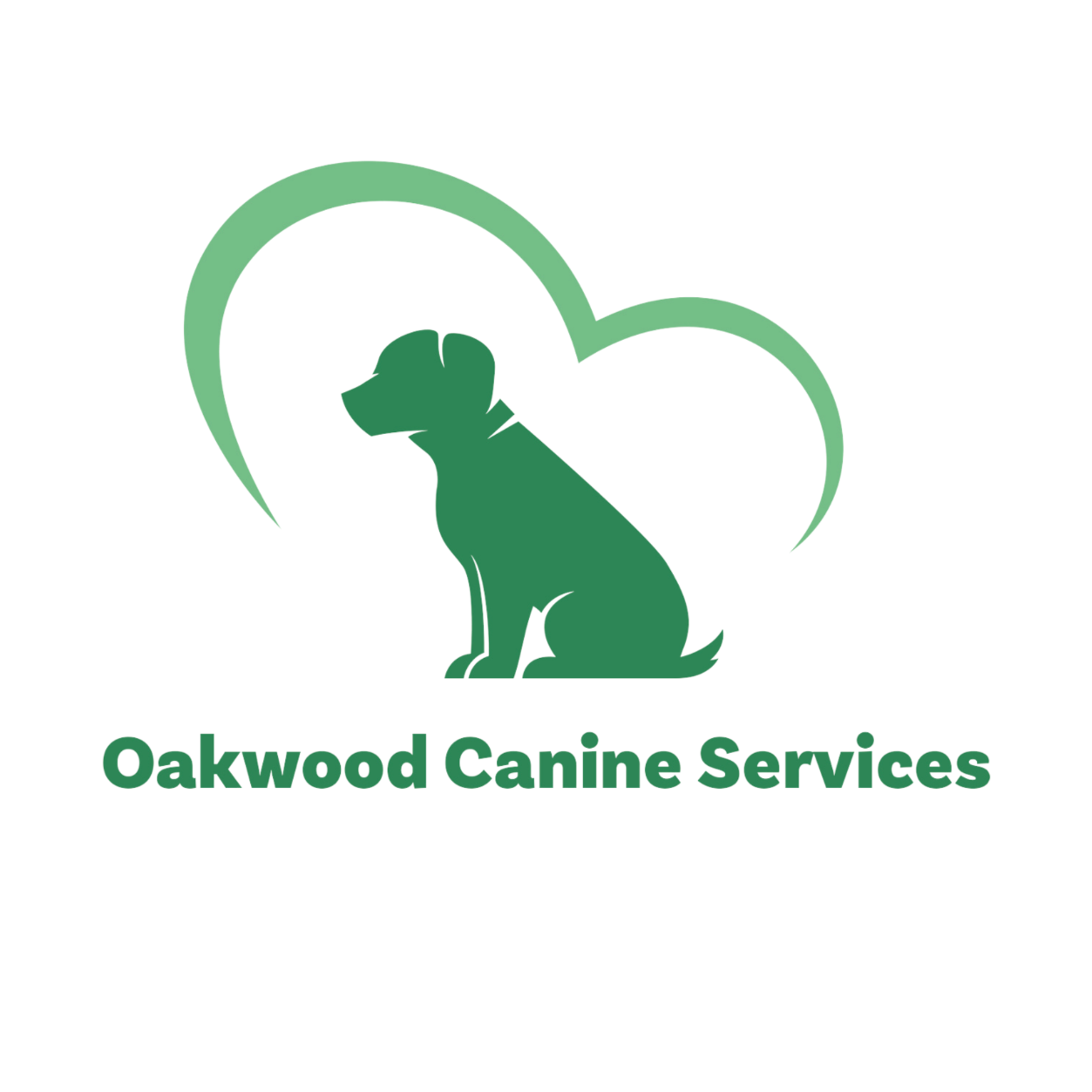Puppy Socialisation
Posted on
A puppies socialisation period is approximately between 3 and 16 weeks of age. This is the stage in their development when they are learning how to interact with the world. It is also referred to as the ‘critical’ or ‘sensitive’ period.
During this period, we want our puppies to experience all of the sights and sounds that they are going to come into contact with in everyday life. Socialisation should be fun, gradual and create positive experiences and associations for your puppy. Some of the aspects of socialisation are what we commonly think of – different dogs and new people – but it is also to other stimulus such as sounds (traffic, the doorbell, sirens, household appliances etc), the outside world (cities, countryside, the vets, the car etc), textures and surfaces (grass, concreate, brushes, walking equipment etc).
How we introduce our puppy to all of these things is important. I mentioned earlier that it should be fun but also gradual exposure, by this I mean not overloading your puppy with every stimulus at once. For example, if you are going to take your puppy out with you (being carried) for the first time, choose a quieter time and location instead of rush hour near a busy road. It is also being considerate of not doing too many things in one day – if it is your puppies first visit with you to the vet for a health check or vaccine this may not be the best day for a training class or puppy play session. As much as we want to expose our puppies to all these different stimuli in this important short window of time, it is also vital to give your puppy enough time to rest and sleep as it is very physically and mentally tiring to take in all of this new information. A young puppy during this period can need between 16 – 18 hours of sleep a day!
The other element to consider is making socialisation fun and creating positive associations. Our role in this can be to pair new experiences with games, treats, praise and comfort from us. This may be in the form of treating your puppy when walking past unfamiliar dogs or people in the street. Playing a fun game of tug with them whilst you gently introduce them to sounds on a desensitisation CD or YouTube clip. Praising your dog for polite play with an appropriate play mate – this could be a friendly adult dog or another puppy at a puppy play session. Giving your dog the comfort and security of not forcing them to interact with something they are unsure of – this could be a new person or a strange looking wheely bin in the street.
Lastly, it is important to include a balance of building confidence when meeting lots of new human and dog friends, and being able to remain calm and focus on their owner whilst in the company of other people and dogs.
Kerry - Behaviour Counsellor

